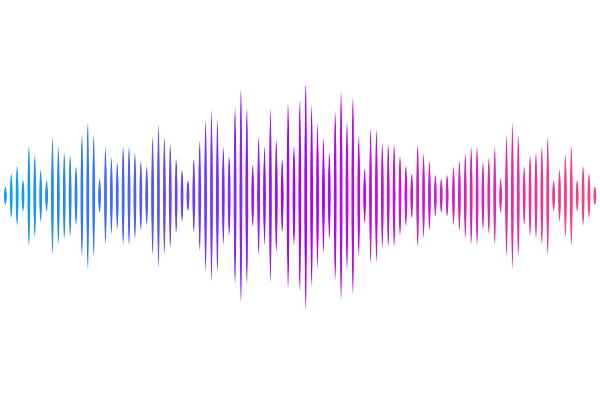Tracing active bugs in microbial communities by BONCAT and click chemistry-based enrichment of newly synthesised proteins

Tracing active bugs in microbial communities by BONCAT and click chemistry-based enrichment of newly synthesised proteins
Hellwig, P.; Kautzner, D.; Heyer, R.; Dittrich, A.; Wibberg, D.; Busche, T.; Winkler, A.; Reichl, U.; Benndorf, D.
AbstractA comprehensive understanding of microbial community dynamics is fundamental to the advancement of environmental microbiology, human health, and biotechnology. Metaproteomics, i.e. the analysis of all proteins in a microbial community, provides insights into these complex systems. Microbial adaptation and activity depend to a significant extent on newly synthesized proteins (nP), however, the distinction between nP and bulk proteins is challenging. The application of bioorthogonal non-canonical amino acid tagging (BONCAT) with click chemistry has demonstrated efficacy in the enrichment of nP in pure cultures. However, the transfer of this technique to microbial communities has proven challenging due to the inefficient BONCAT process, which results in a low nP yield and a high contamination rate from non-labelled bulk proteins. To address this, a new workflow to improve the efficiency and specificity of nP enrichment was developed using a laboratory-scale mixture of labelled E. coli and unlabelled yeast. This workflow was successfully applied to an anaerobic microbial community with initially low BONCAT efficiency. A substrate shift from glucose to ethanol selectively enriched nP with minimal background. The identification of bifunctional alcohol dehydrogenase and a syntrophic interaction between an ethanol-utilizing bacterium and two methanogens (hydrogenotrophic and acetoclastic) demonstrates the potential of metaproteomics targeting nP to trace microbial activity in complex microbial communities.